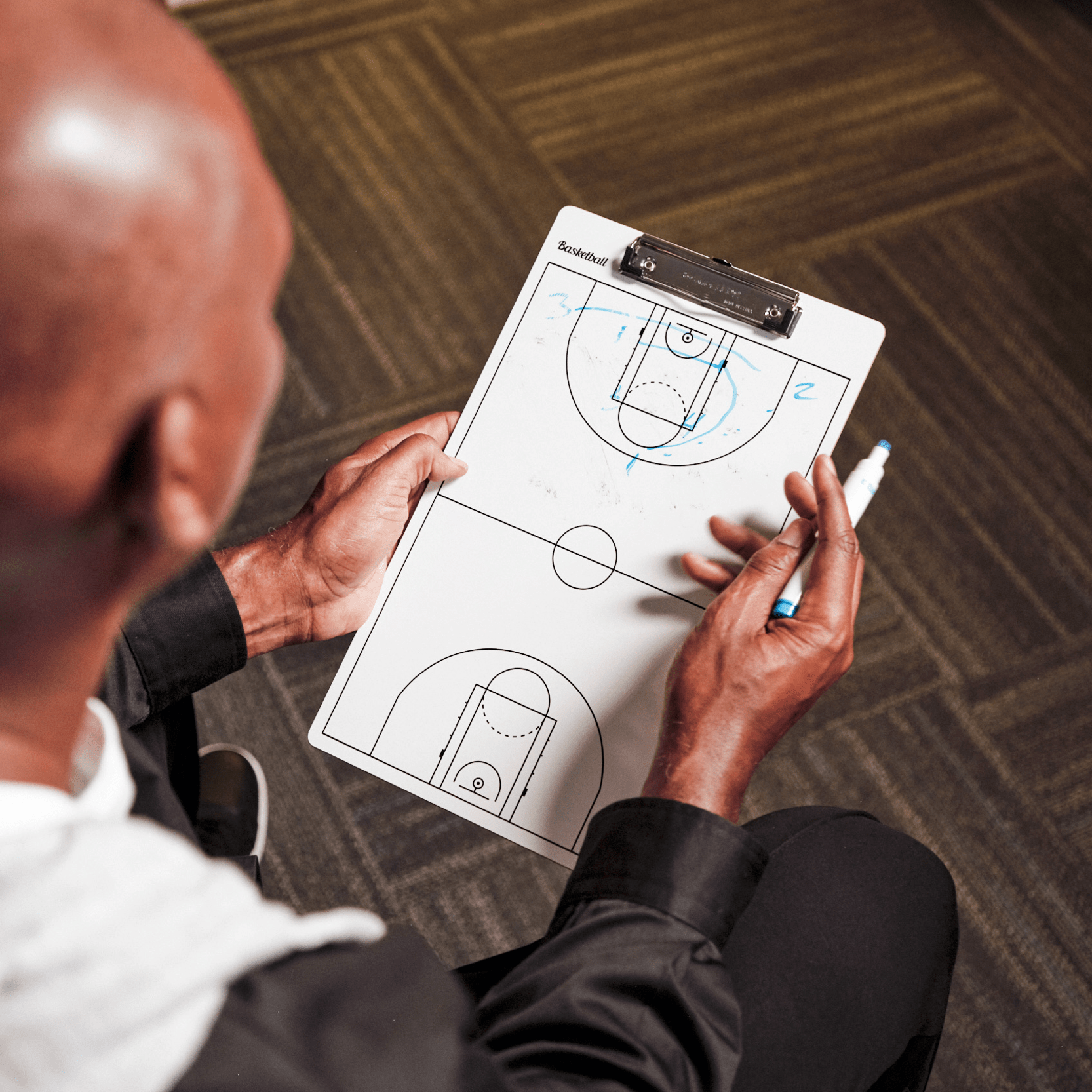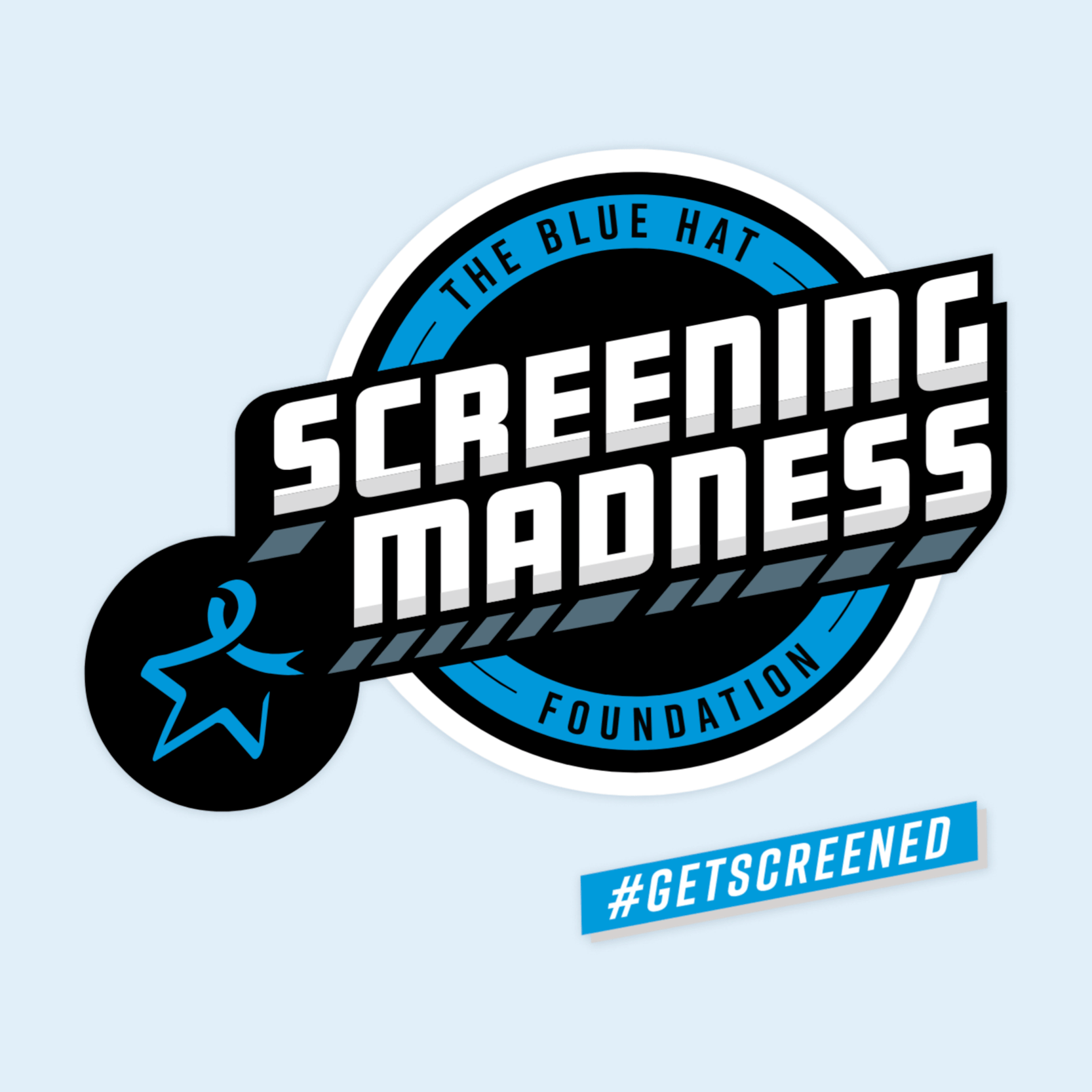#COLONCANCERAWARENESSMONTH
Box Out Colon Cancer
Jamal Mashburn knows the impact a cancer diagnosis has on a family. His biggest fan – his mother – was diagnosed with colon cancer. Jamal challenges everyone 45+ to get screened. Help him spread the word about the importance of screening. You can box out colon cancer.
Join Jamal and get screened
Jamal's Challenge
When we think of March, we think about basketball. It’s also Colon Cancer Awareness Month. So, while players battle on the court, you can help fight the second leading cause of cancer deaths in the United States.1 Hear how Jamal is challenging coaches and others this March.
Take action

Make a game plan
You have choices when it comes to colon cancer screening. Use our guide below to talk to your doctor and decide which test is best for you.

Home-court advantage
You may not have to leave home to talk to a doctor or even to screen. Learn more about telehealth options and Cologuard®. Cologuard is a non-invasive test that lets you collect a sample at home. If you are 45+ and at average risk for colon cancer, talk to a doctor to see if Cologuard is right for you.

Teammates in the fight
The Blue Hat Foundation is committed to a single goal –helping the fight against colorectal cancer. Join their Screening Madness effort to show support for colorectal cancer screening.
Why get screened?
Screen early
Colon cancer is on the rise in people under 50.1 When caught in early stages, colon cancer is treatable in about 90% of people.1 Many patients with early-stage colon cancer have no symptoms and are diagnosed through screening.2 That’s why getting screened early matters. Watch our video for more important facts on colon cancer.
Who should screen?

You should get screened...1,3
- Even if you don’t have symptoms
- If you’re 45+
- Regardless of your family history
- No matter your gender
- If you’re a Black or Hispanic American. Your risk is higher than normal4
Talk to your doctor about getting screened.
Tell those you love to get screened, too. It could be the best play of your life.
